The US Army wants to recruit more psychological warfare ‘nerds’
- By Business Insider
Share This Article
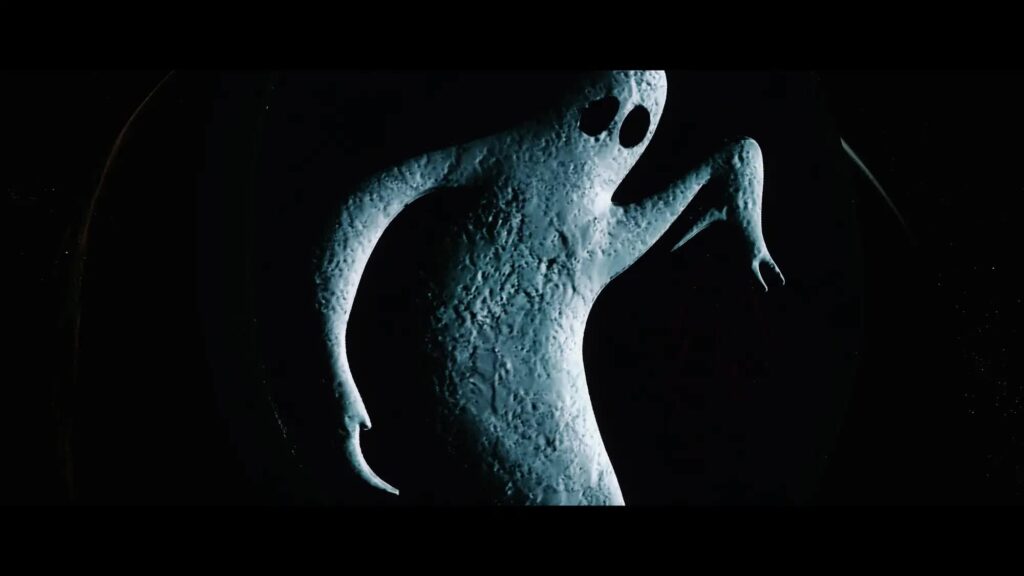
This article by Cameron Manley was originally published by Business Insider.
In late 2021, the Army Special Operations Command leaders and special forces recruiters had a problem: they needed more enlistees for their Psychological Operations groups.
Experts in persuasion and influence, psychological warfare, or PsyOp, Soldiers don’t often fit the stereotypical mold of an Army recruit. These individuals tend to live and think outside the norm, and recruitment must meet them via non-traditional means.
In May 2022, recruiters released their first eerie recruitment video: Ghost in the Machine: Psywar. Last week, they released their second: Ghost in the Machine 2.
Ghosts in the Machine 2 takes the viewer on a journey of introspection. Quotes, both spoken and on screen, music, images, and ideas are layered on top of one another to create tension and draw the viewer in.
While the first video focuses on psychological warfare and the shadows, Ghosts in the Machine 2 emphasizes that words and ideas can be powerful weapons.
The final scene in the second video displays the text “See you at Selection” and provides viewers with the web address of the US Army Special Operations Recruiting website (GoArmySOF.com).
‘We’re all nerds for sure’
The videos are designed to garner curiosity from the specific type of recruit that they’re looking for.
“We’re all nerds for sure,” the Army major who created the ad and a member of the 8th Psychological Operations Group based at Fort Liberty, North Carolina, told the Associated Press. “But we’re all nerds in different ways.”
Usually, those who are drawn to the job are “planners,” he said. “They’re writers, they’re great thinkers. They’re idea people.”
He said they are often creative – artists and illustrators – but others are tech experts who can bring ideas to life in online messaging.
Related: The fighter jet that got Pepsi sued is approaching retirement
Trying to make PsyOps understood by potential enlistees
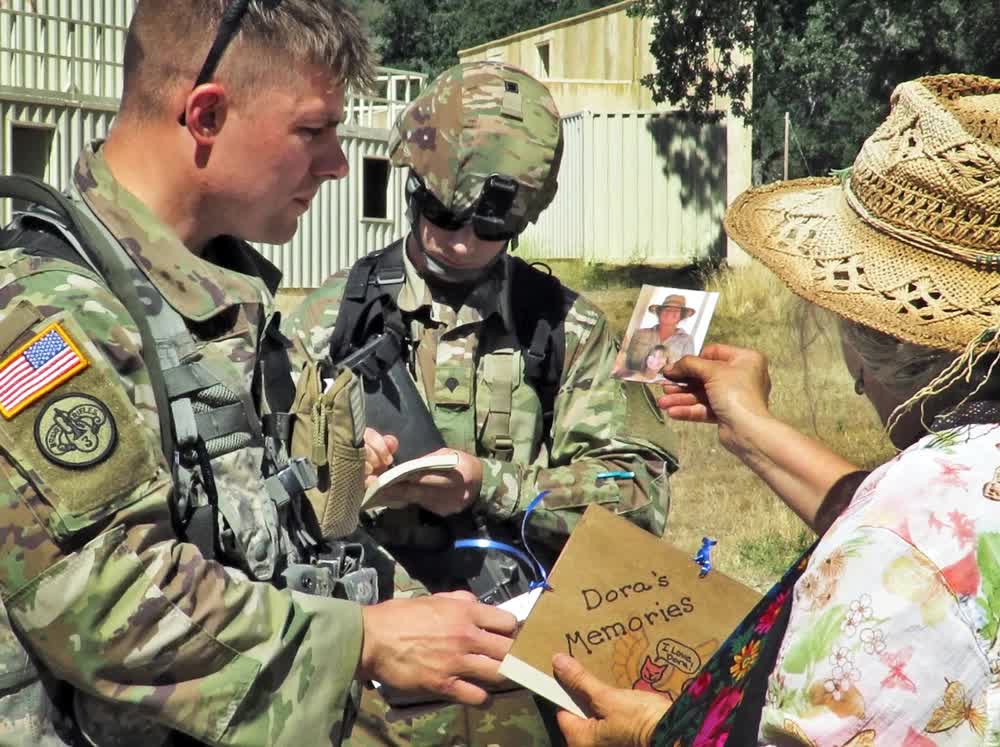
In March, a report found that due to “burnout” issues among PsyOp Soldiers, units were unable to fight both China and Russia in the information war.
But part of the recruitment issue is that people who could be good candidates don’t fully understand what PsyOps is or what it involves.
The video aims to recruit future PsyOps Soldiers and show applicants what their jobs will entail.
“Ghost in the Machine tells you what psychological operations [are], and shows [them to you], without telling you in words,” Lt. Col. Steve Crowe, commander of the Special Forces Recruiting Battalion, told AP.
“You watch the video, and you’re like, OK, this is how I’ll influence and change behavior.”
Recruiters told AP that about six months after the first video was released, 51 percent of Soldiers who applied for the PsyOps mission and got into the assessment and selection course said the video had a medium to high influence on their decision to try out for the job.
The US has been using PsyOps for years
One of the most renowned psychological operations occurred during World War II. The U.S. Ghost Army deceived the Germans using inflatable tanks, radio deception, disguises, and impersonations.
In what was known as Operation Viersen, the U.S. deployed inflatables, sound trucks, and fake headquarters to divert German forces from the actual crossing point of the Rhine River.
PsyOps Soldiers have more recently advised Ukrainian troops in their attempts to counter Russian disinformation campaigns since the annexation of Crimea in 2014.
After the Russian invasion in 2022, Ukrainian forces used a variety of tactics to convince Russian soldiers to surrender. Leaflets and social media posts told Russian troops how and where they could give themselves up.
Read more from Business Insider
- Russia is exploiting Ukraine’s lack of manpower to thin out the front line and seek a breakthrough, military expert says
- ‘Unsafe’ intercepts of Australian anti-submarine aircraft by Chinese fighter jets hint at what they may be guarding so aggressively, naval expert says
- Ukraine’s air defenses are struggling and shot down just 30% of Russian missiles last month, report says
- A Ukrainian recon commander in Kharkiv said its first line of defense was missing, in a ‘betrayal’ that allowed Russian troops to just walk in
- A Russian drone unit is recruiting members of the Kremlin elite so they can ‘sidestep’ military service on the front, UK intel says
Related Posts
Sandboxx News Merch
-

‘AirPower’ Classic Hoodie
$46.00 – $48.00 Select options This product has multiple variants. The options may be chosen on the product page -

‘Sandboxx News’ Trucker Cap
$27.00 Select options This product has multiple variants. The options may be chosen on the product page -

F-35 ‘Lightning’ Framed Poster
$45.00 – $111.00 Select options This product has multiple variants. The options may be chosen on the product page
Business Insider
Related to: Special Operations
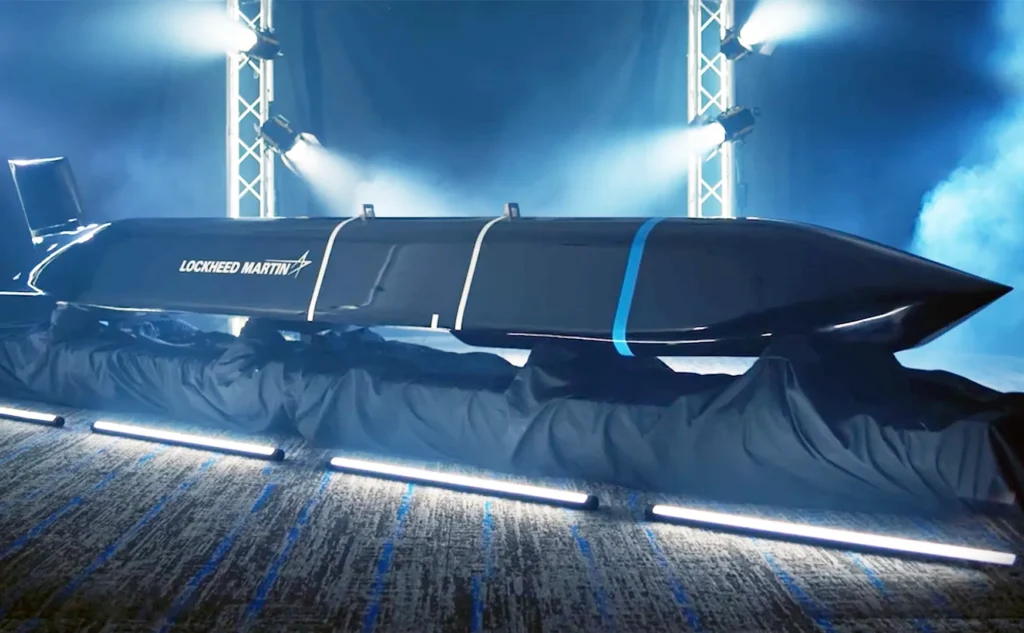
Video: 4 new weapons the US is developing in 2025
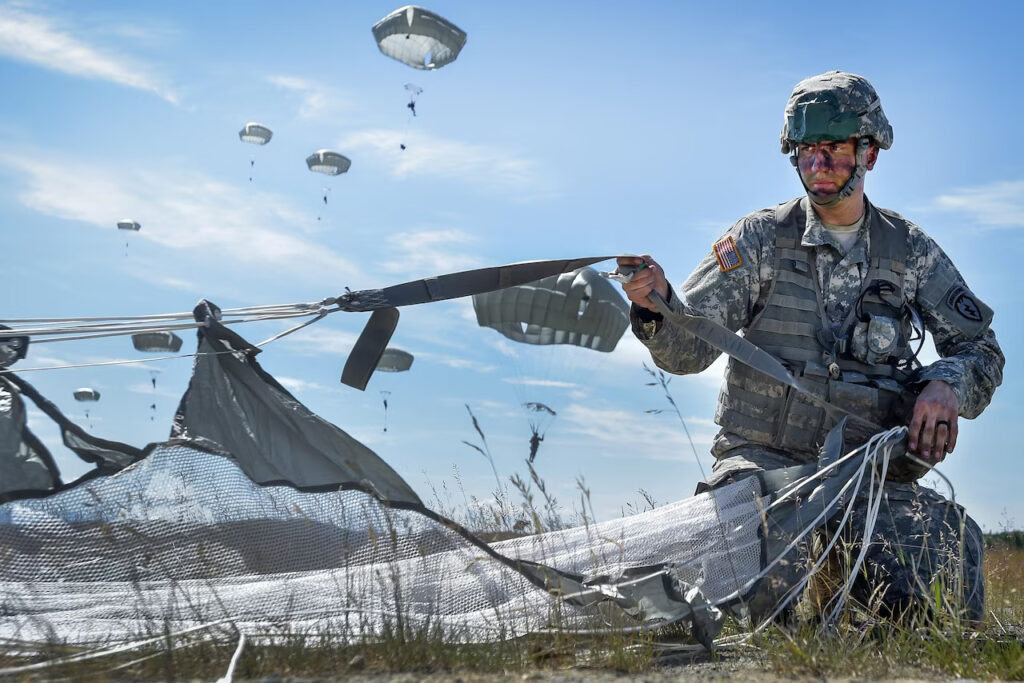
Delta Force airborne follies, or the dangers of static line jumps
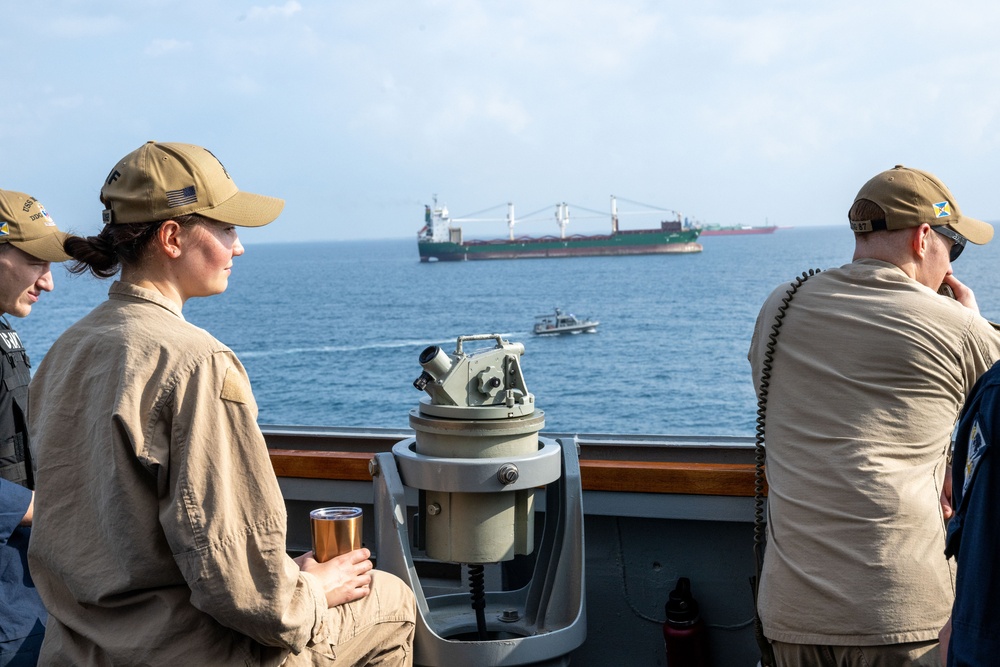
Video: Is America’s Red Sea defense really worth $780 million?
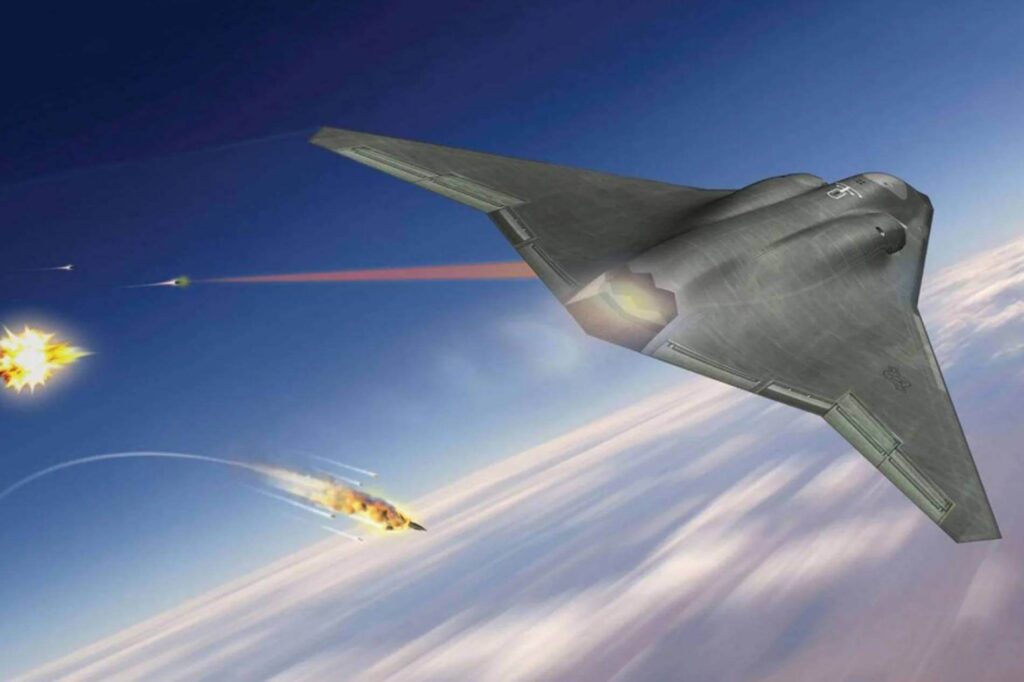
Video: The big problem that the Air Force’s NGAD has to overcome
Sandboxx News
-

‘Sandboxx News’ Trucker Cap
$27.00 Select options This product has multiple variants. The options may be chosen on the product page -

‘AirPower’ Classic Hoodie
$46.00 – $48.00 Select options This product has multiple variants. The options may be chosen on the product page -

‘AirPower’ Golf Rope Hat
$31.00 Select options This product has multiple variants. The options may be chosen on the product page -

‘Sandboxx News’ Dad Hat
$27.00 Select options This product has multiple variants. The options may be chosen on the product page
